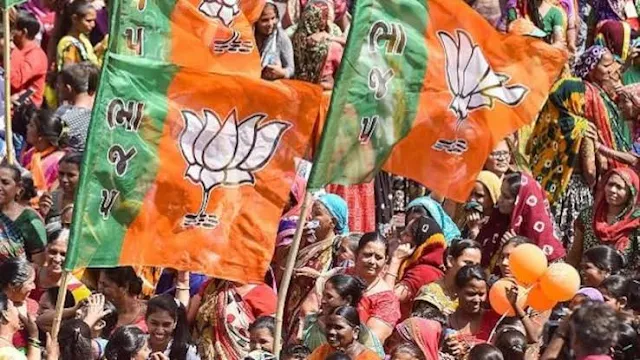‘Yurop Prabasir Patra’ (Letters on a Sojourn in Europe) is the first travel diary of Rabindranath Tagore, written during his 1878 visit to England at the age of just 17. Addressed to his elder family members and published serially in the journal Bharati, the diary provides an insightful account of British society—its socio-economic conditions, politics, culture, women’s freedom, and lifestyle. In the fourth letter, Tagore recounts his experience of the House of Commons. He was unimpressed and disillusioned by the political conduct he witnessed there, identifying it not as patriotism but as “partyism.”
More than 150 years later, this phenomenon of “partyism” has deeply permeated Indian democracy. The functioning of both Houses of Parliament and the behaviour of political leaders today echo what Tagore once observed in British politics—a relentless focus on party loyalty at the expense of national interest.
In India’s multiparty democracy, elections are the cornerstone of governance. A simple majority of seats determines which party or coalition rules for five years. These years are packed with promises—development schemes, governance reforms, and welfare programs. Yet, as time passes, it becomes evident that most actions are geared toward winning the next election. Political activities, both by the ruling party and the opposition, increasingly cater to captive vote banks and loyal supporters, not to the democratic aspirations of the people.
‘Partyism’ manifests as strategic doling out of benefits—subsidies and welfare schemes for the poor, tax relaxations for the rich. While these may appear as inclusive governance measures, they are often driven by political calculations rather than long-term national interest. More critically, partyism ensures that poverty persists. It selects beneficiaries but avoids systemic eradication of poverty, creating a fertile ground for nepotism and corruption.
In every sector—education, administration, welfare—partyism corrodes the very essence of democratic integrity. Take, for example, the recent school jobs scam in West Bengal. The Supreme Court’s intervention, which led to the termination of many unethically recruited teachers, exposed how party loyalty and monetary transactions corrupted an entire educational recruitment process. Here, the political machine prioritized greed over merit, patronage over patriotism.
Communal tension and religious polarization are other unfortunate by-products of partyism. India’s pluralistic ethos is under siege as political parties exploit religious sentiments. The BJP/NDA engages in majoritarian Hindu politics, while the Congress-led INDI Alliance positions itself as the guardian of secularism. Both camps, however, use these ideologies as tools to consolidate vote banks. In the process, the electorate is drawn into an artificial binary of religion and identity—something the Indian people, by and large, have historically rejected.
This orchestrated divide not only foments intolerance and violence but also undermines the principle of unity in diversity. People become pawns in a larger political game where truth, justice, and harmony are sacrificed at the altar of electoral gain.
The tragic rape and murder of a postgraduate medical student from R.G. Kar Medical College could very well be another chilling consequence of this culture. When political allegiance supersedes accountability, governance becomes compromised. Public trust erodes, and the democratic promise remains unfulfilled.
Today, Indian democracy has become a battleground—not of ideas, but of entrenched party interests. Political leaders, rather than serving as representatives of the people, behave like agents of their respective party apparatuses. The result is a cycle of conflict, competition, and calculated chaos. This is not the path to Viksit Bharat (Developed India).
What we need is a politics that places patriotism above partyism—where national progress and people’s welfare outweigh the narrow interests of political survival. Unless this shift occurs, the dream of a strong, inclusive, and truly democratic India will remain just that—a dream.


Comments